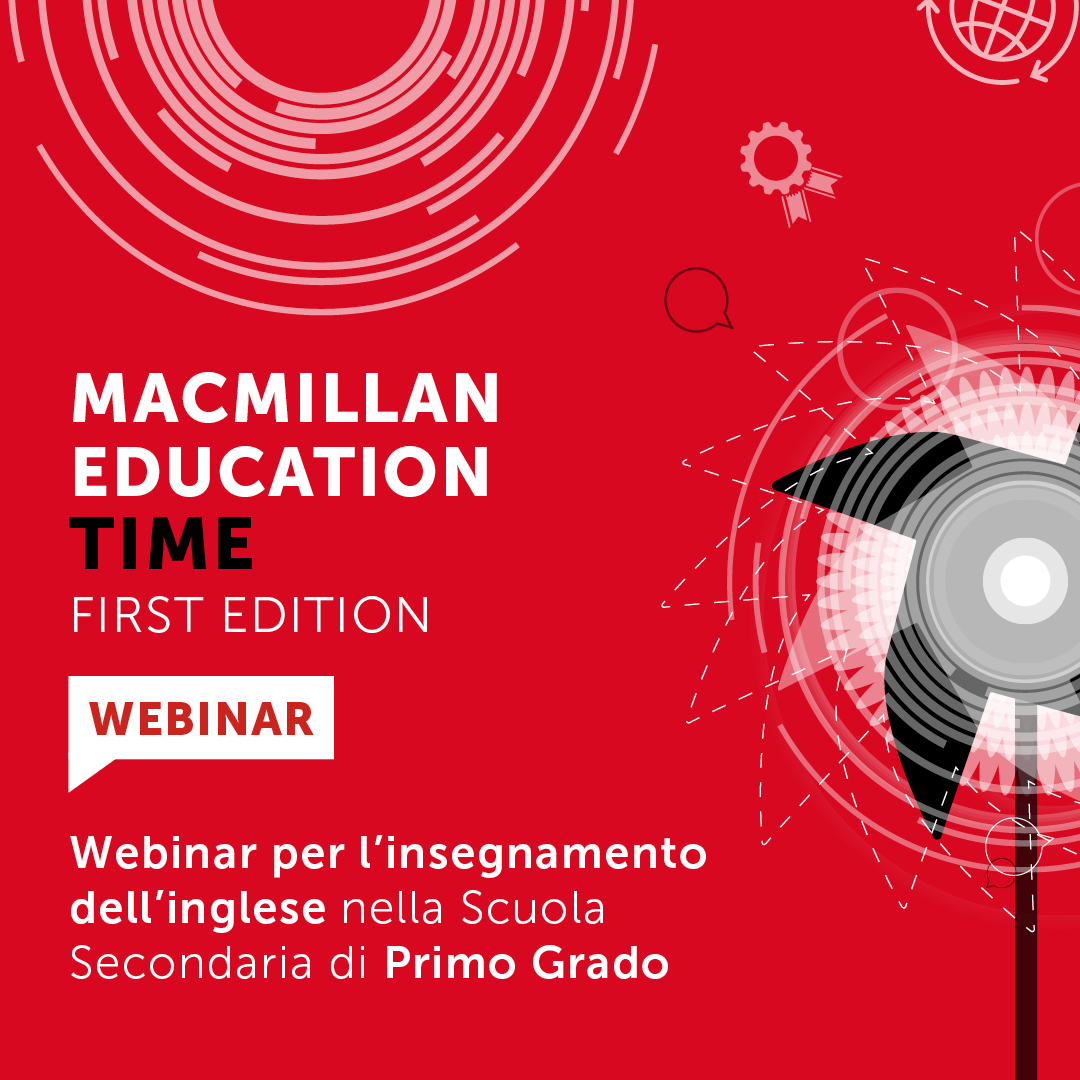
Thinking routines: examples and ideas
LEARNING TO THINK, THINKING TO LEARN
part two
How Making Learning and Thinking Visible can change the class learning community
In this webinar we will go deeper into the panorama of thinking routines, dealing with more very useful examples.
Our everyday teaching practice shows us the deep necessity of a radical re-thinking of the way we approach the cognitive aspect of our students’ learning.
In order to acquire the mindset of the “reflective practitioner” and transform our doubts and questions into research tools, these webinars will give you, together with the idea that is behind MLTV, the possibility to practice a first set of Thinking Routines that will allow you and your students to develop different kinds of thinking. We strongly believe that our students’ intelligence, talents can be stimulated and improved thanks to this systematic approach.
The aim is to give them (and us) a key to solve problems, face complex situations and make decisions, connections and inferences.
The meetings will give precise indications and tools that will suit the needs of teachers of any order of school, and of any subject, in a face-to-face interaction as well as blended or online teaching context. This will be a starting point for any teacher willing to explore more in depth the world of Thinking Routines and, maybe, to start rethinking the culture of teaching/learning strategies, focusing on innovative teaching inside the box.
Daisy De Gioannini, classe 1974, è insegnante di lingue straniere – inglese e tedesco – nella scuola secondaria di secondo grado. Da più di 20 anni si occupa di innovazione didattica, profondamente convinta che la scuola debba tenere il passo con l’evoluzione tecnologica che caratterizza il nostro tempo. Ambasciatore scuola Erasmus+ e animatore digitale, ha partecipato a diversi progetti Erasmus+ all’estero; è formatrice in corsi di aggiornamento su didattica digitale integrata e teacher trainer in Metodologia e Didattica della lingua Inglese per USR Piemonte.
Cristina Prandi consegue la Laurea in Lingue e Letterature Straniere a presso l’università di Torino, e un Master in Didattica e Programmazione. Dal 1993 insegna lingua e letteratura inglese presso un liceo classico, scientifico e linguistico dove ricopre anche la mansione di responsabile della sezione ESABAC e di funzione strumentale per la didattica. Teacher trainer in Metodologia e Didattica della Lingua Inglese per USR Piemonte, con la passione per le nuove tecnologie e la didattica innovativa, da anni tiene corsi agli insegnanti dei vari ordini di scuole.
Laura Cavaleri - Responsabile Area Lingue Mondadori Education
part two
How Making Learning and Thinking Visible can change the class learning community
In this webinar we will go deeper into the panorama of thinking routines, dealing with more very useful examples.
Our everyday teaching practice shows us the deep necessity of a radical re-thinking of the way we approach the cognitive aspect of our students’ learning.
In order to acquire the mindset of the “reflective practitioner” and transform our doubts and questions into research tools, these webinars will give you, together with the idea that is behind MLTV, the possibility to practice a first set of Thinking Routines that will allow you and your students to develop different kinds of thinking. We strongly believe that our students’ intelligence, talents can be stimulated and improved thanks to this systematic approach.
The aim is to give them (and us) a key to solve problems, face complex situations and make decisions, connections and inferences.
The meetings will give precise indications and tools that will suit the needs of teachers of any order of school, and of any subject, in a face-to-face interaction as well as blended or online teaching context. This will be a starting point for any teacher willing to explore more in depth the world of Thinking Routines and, maybe, to start rethinking the culture of teaching/learning strategies, focusing on innovative teaching inside the box.
Relatrici
Daisy De Gioannini, classe 1974, è insegnante di lingue straniere – inglese e tedesco – nella scuola secondaria di secondo grado. Da più di 20 anni si occupa di innovazione didattica, profondamente convinta che la scuola debba tenere il passo con l’evoluzione tecnologica che caratterizza il nostro tempo. Ambasciatore scuola Erasmus+ e animatore digitale, ha partecipato a diversi progetti Erasmus+ all’estero; è formatrice in corsi di aggiornamento su didattica digitale integrata e teacher trainer in Metodologia e Didattica della lingua Inglese per USR Piemonte.
Cristina Prandi consegue la Laurea in Lingue e Letterature Straniere a presso l’università di Torino, e un Master in Didattica e Programmazione. Dal 1993 insegna lingua e letteratura inglese presso un liceo classico, scientifico e linguistico dove ricopre anche la mansione di responsabile della sezione ESABAC e di funzione strumentale per la didattica. Teacher trainer in Metodologia e Didattica della Lingua Inglese per USR Piemonte, con la passione per le nuove tecnologie e la didattica innovativa, da anni tiene corsi agli insegnanti dei vari ordini di scuole.
Moderatrice
Laura Cavaleri - Responsabile Area Lingue Mondadori Education















